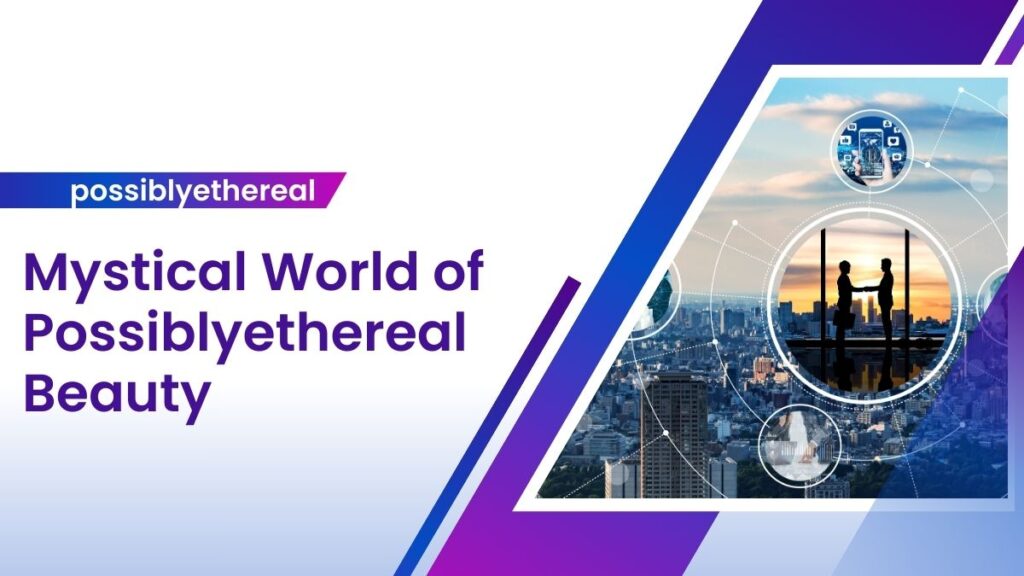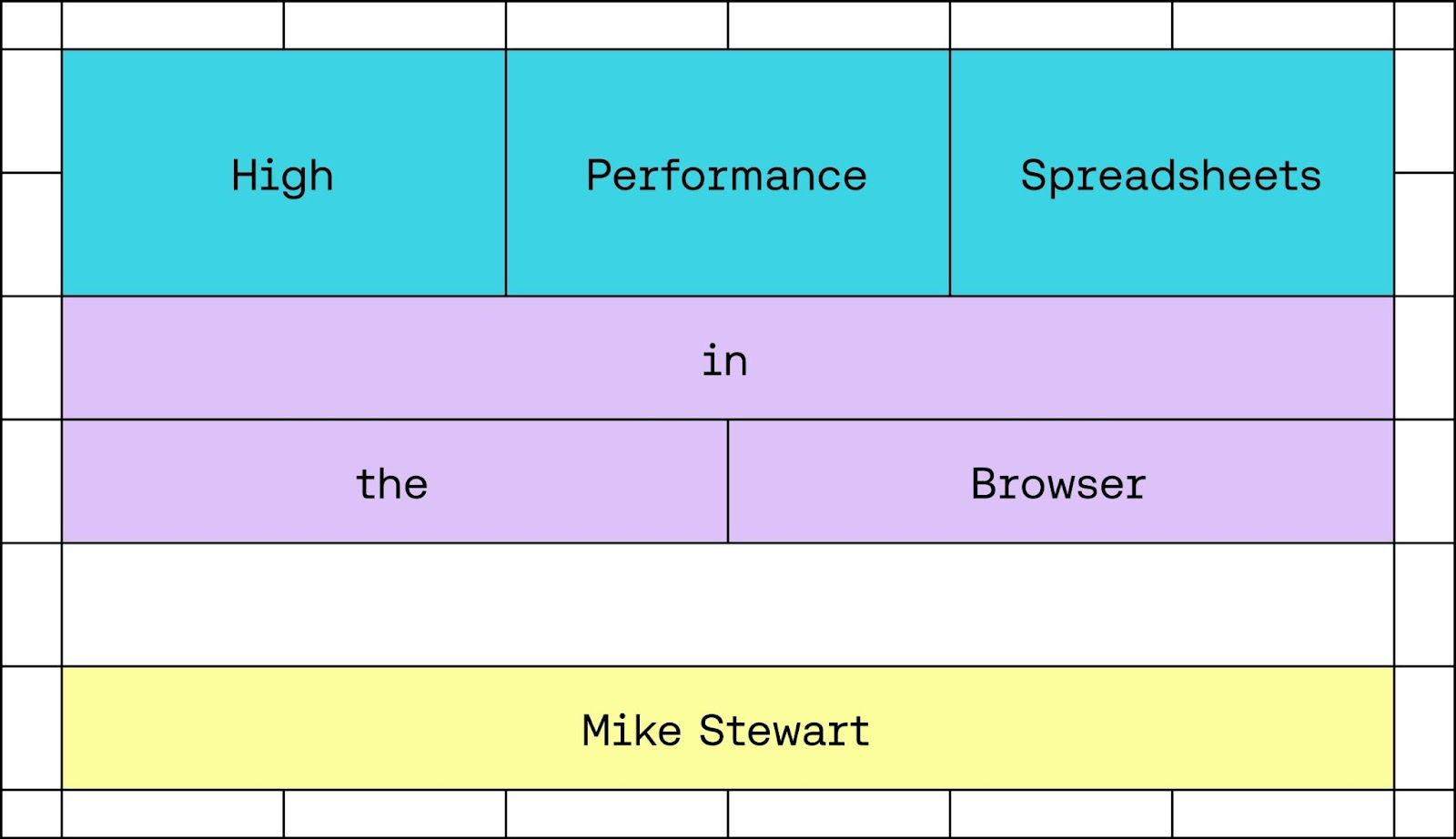In ethereal this section, the goal is to provide readers with an overview of the topic at hand: exploring mysteries that may lie beyond our current understanding. It’s an invitation to embark on a journey into the realms of the unexplained, encouraging curiosity and open-mindedness.
Probing the Boundaries of Reality
Here, the focus is on challenging conventional notions of reality. By questioning the boundaries of what we perceive as real, we open ourselves to the possibility of encountering phenomena that defy easy explanation. This section prompts readers to think critically about the nature of reality and the limitations of our perception.
A Historical Perspective
Delving into history, this section examines how perceptions of mysteries and ethereal phenomena have evolved over time. By exploring ancient beliefs, cultural traditions, and historical accounts, readers gain insights into how human understanding of the unknown has shaped societies and worldviews throughout history.
Phenomena Beyond the Mundane
Here, the focus is on exploring phenomena that go beyond ordinary experiences. This could include topics such as UFO sightings, cryptids, psychic phenomena, and unexplained natural occurrences. By highlighting these phenomena, readers are introduced to the diversity of mysteries that exist beyond the mundane.
The Enigmatic World of the Supernatural
This section delves into the realm of the supernatural, where the boundaries between the natural and the supernatural blur. Ghosts, spirits, and other paranormal entities are examined, along with the beliefs and folklore surrounding them. It’s an exploration of the mysterious and often eerie aspects of the ethereal world.
Bridging Science and the Paranormal
Here, the focus is on the intersection of scientific inquiry and paranormal phenomena. It explores efforts to apply scientific methods and principles to study the unexplained, as well as debates surrounding the legitimacy of such investigations. This section encourages readers to consider how science can help shed light on mysteries that have long been considered beyond the realm of scientific inquiry.
Exploring Otherworldly Dimensions
This section delves into the concept of otherworldly dimensions or realms that may exist beyond our own. Drawing on theories from physics, metaphysics, and spirituality, readers are introduced to ideas about parallel universes, alternate realities, and cosmic realms that challenge traditional notions of space and time.
Anecdotes and Encounters
Tales of the Unexplained
Here, readers are presented with firsthand accounts and anecdotes of encounters with ethereal phenomena. These stories offer personal perspectives on mysterious experiences, ranging from encounters with ghosts to unexplained synchronicities. By sharing these accounts, this section aims to evoke a sense of wonder and curiosity in readers.
The Quest for Understanding
Investigating the Unseen
This section explores the methods and approaches used to investigate ethereal phenomena. From scientific experimentation to spiritual practices, readers are introduced to the diverse ways in which researchers seek to understand the unseen. This section highlights the ongoing quest for knowledge and understanding in the face of the unknown.
Ethereal Entities and Entities
Fact or Fiction?
Here, the focus is on critically evaluating claims about ethereal entities. Readers are encouraged to consider alternative explanations for reported encounters with ghosts, spirits, and other paranormal beings. By examining evidence and considering multiple perspectives, readers gain insights into the complexities of ethereal phenomena.
Tools of Investigation
From Séances to Scientific Inquiry
This section explores the tools and techniques used to investigate ethereal phenomena. From traditional practices like séances and divination to modern scientific instrumentation, readers are introduced to the diverse array of methods employed by researchers in their quest to uncover the mysteries of the unknown.
Beyond Skepticism:
Embracing the Unfathomable
Here, readers are encouraged to adopt an open-minded approach to the unknown. By questioning entrenched skepticism and embracing the possibility of the unfathomable, readers can expand their understanding of the world and remain receptive to new ideas and perspectives.
Unveiling the Mysteries
Where Science and Spirituality Converge
This section explores the potential overlap between scientific inquiry and spiritual beliefs in the exploration of mysteries. By considering how science and spirituality may complement each other in the quest for understanding, readers gain insights into the interconnectedness of seemingly disparate disciplines.
The Limits of Human Perception
Insights from Quantum Physics
Drawing on insights from quantum physics, this section examines the limitations of human perception and understanding. Concepts such as quantum entanglement and observer effects challenge traditional notions of reality, prompting readers to consider the implications of quantum phenomena on our understanding of the ethereal.
Practical Applications and Implications
Here, readers explore the practical implications of discoveries related to ethereal phenomena. From technological advancements to insights into human psychology and spirituality, readers gain an understanding of how the exploration of mysteries can have real-world applications and implications.
Conclusion
In this final section, readers are encouraged to reflect on the journey of exploration and discovery they have embarked upon. By embracing the unknown and remaining open to the mysteries that lie beyond our current understanding, readers are invited to continue their quest for knowledge and enlightenment.
FAQs
What are ethereal phenomena?
Ethereal phenomena are mysterious occurrences or events that defy conventional explanation and may involve supernatural or paranormal elements.
How do scientists study ethereal phenomena?
Scientists study ethereal phenomena using various methods, including controlled experiments, data analysis, and observation, to gather evidence and understand underlying mechanisms.
Are ghosts real?
The existence of ghosts is a topic of debate, with some people reporting experiences and encounters that they believe to be ghostly manifestations, while others remain skeptical.
Can ethereal phenomena be explained scientifically?
Some ethereal phenomena can potentially be explained scientifically through rigorous investigation and the application of empirical evidence, while others may remain beyond current scientific understanding.
What is the difference between spirituality and the paranormal?
Spirituality often involves beliefs and practices related to the human spirit or soul and may include concepts such as transcendence and interconnectedness, while the paranormal encompasses phenomena that are beyond the scope of normal scientific understanding.
Can skepticism coexist with belief in ethereal phenomena?
Yes, skepticism and belief in ethereal phenomena can coexist, as skepticism encourages critical thinking and evaluation of evidence, while belief acknowledges the possibility of phenomena that may not yet be fully understood.
How can I differentiate between genuine experiences and hoaxes in ethereal phenomena?
Differentiating between genuine experiences and hoaxes in ethereal phenomena requires careful examination of evidence, critical analysis of claims, and consideration of alternative explanations.
Are there practical applications for studying ethereal phenomena?
The study of ethereal phenomena may have practical applications in fields such as psychology, parapsychology, and technology, as it can provide insights into human perception, consciousness, and the nature of reality.
Do all cultures have beliefs in ethereal phenomena?
Beliefs in ethereal phenomena vary across cultures, with some cultures having rich traditions and folklore related to ghosts, spirits, and other supernatural beings, while others may have different interpretations of similar phenomena.
Can ethereal phenomena be harmful?
Ethereal phenomena can potentially have psychological or emotional effects on individuals who experience them, but whether they are inherently harmful depends on the nature of the phenomenon and the individual’s perception of it.








